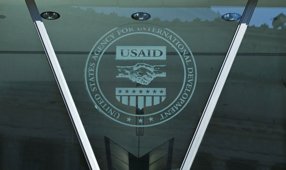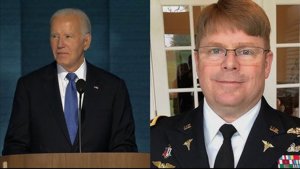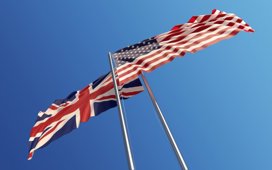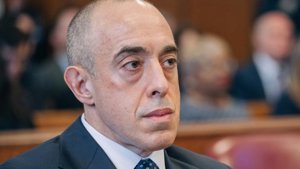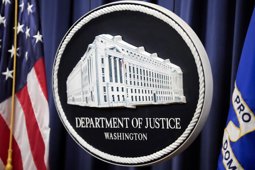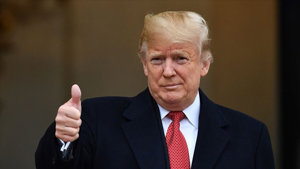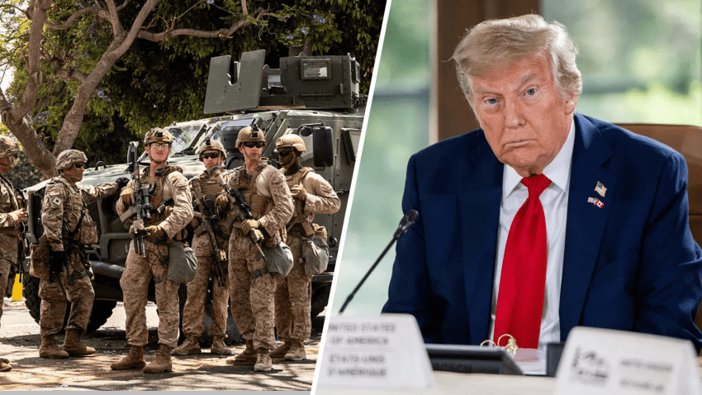
Judge Questions National Guard Deployment Legality in LA
Federal judge questions if Trump’s use of National Guard in Los Angeles protests violates the Posse Comitatus Act.
Legal Challenge Over National Guard Role in Civil Protests
A federal judge in San Francisco is scrutinizing the Trump administration’s deployment of National Guard troops to Los Angeles amid ongoing legal wrangling over the president’s authority and the limits of federal intervention in local matters. The move follows widespread anti-ICE protests in Los Angeles, which prompted President Donald Trump to send federal troops to the city—sparking an immediate legal challenge from California officials.
On Friday, U.S. District Judge Charles Breyer convened a hearing to consider whether the military’s role in quelling civil unrest on American soil violates the Posse Comitatus Act—a federal statute that bars the use of the U.S. military in civilian law enforcement activities except under specific circumstances. Breyer requested formal briefings from both parties by noon Monday to address if the deployment crossed legal boundaries. California Governor Gavin Newsom, a Democrat, has argued that a violation of the Act is “imminent, if not already underway.”
The legal proceedings resumed after a 9th Circuit Court of Appeals ruling granted a temporary win to the Trump administration, allowing federal authorities to maintain control over the National Guard presence in Los Angeles. Judge Breyer had earlier ruled that Trump’s unilateral deployment of state troops was unlawful, but the appellate court halted the enforcement of his order.
Jurisdictional Dispute and Political Tensions
During the hearing, Judge Breyer raised critical questions about whether he or the appellate court holds primary jurisdiction to grant or withhold an injunction related to the Posse Comitatus Act. The state of California has requested a preliminary injunction to return control of the National Guard to Governor Newsom, arguing that the situation in Los Angeles no longer justifies federal intervention as protests have calmed.
Vice President JD Vance, who visited Los Angeles to meet with troops, supported the federal deployment, stating that the president’s actions were justified in the interest of restoring order. “The president has a very simple proposal… if you enforce your own laws and protect federal law enforcement, we’re not going to send in the National Guard because it’s unnecessary,” Vance said.
In contrast, Governor Newsom and his legal team maintain that the deployment inflamed tensions and led to unnecessary confrontations. Breyer emphasized that presidential authority over state National Guard troops is limited to times of “rebellion or danger of a rebellion,” and that the Los Angeles protests “fall far short of ‘rebellion.’”
This deployment marks the first time since the Civil Rights Movement in 1965 that federal authorities have taken control of a state’s National Guard without the governor’s consent. The case is expected to set significant precedent regarding the balance of federal and state power in responding to civil disturbances.
As the court awaits further arguments, the California National Guard remains under federal command. The outcome will likely shape future legal standards for presidential intervention and the role of the military in domestic law enforcement.

